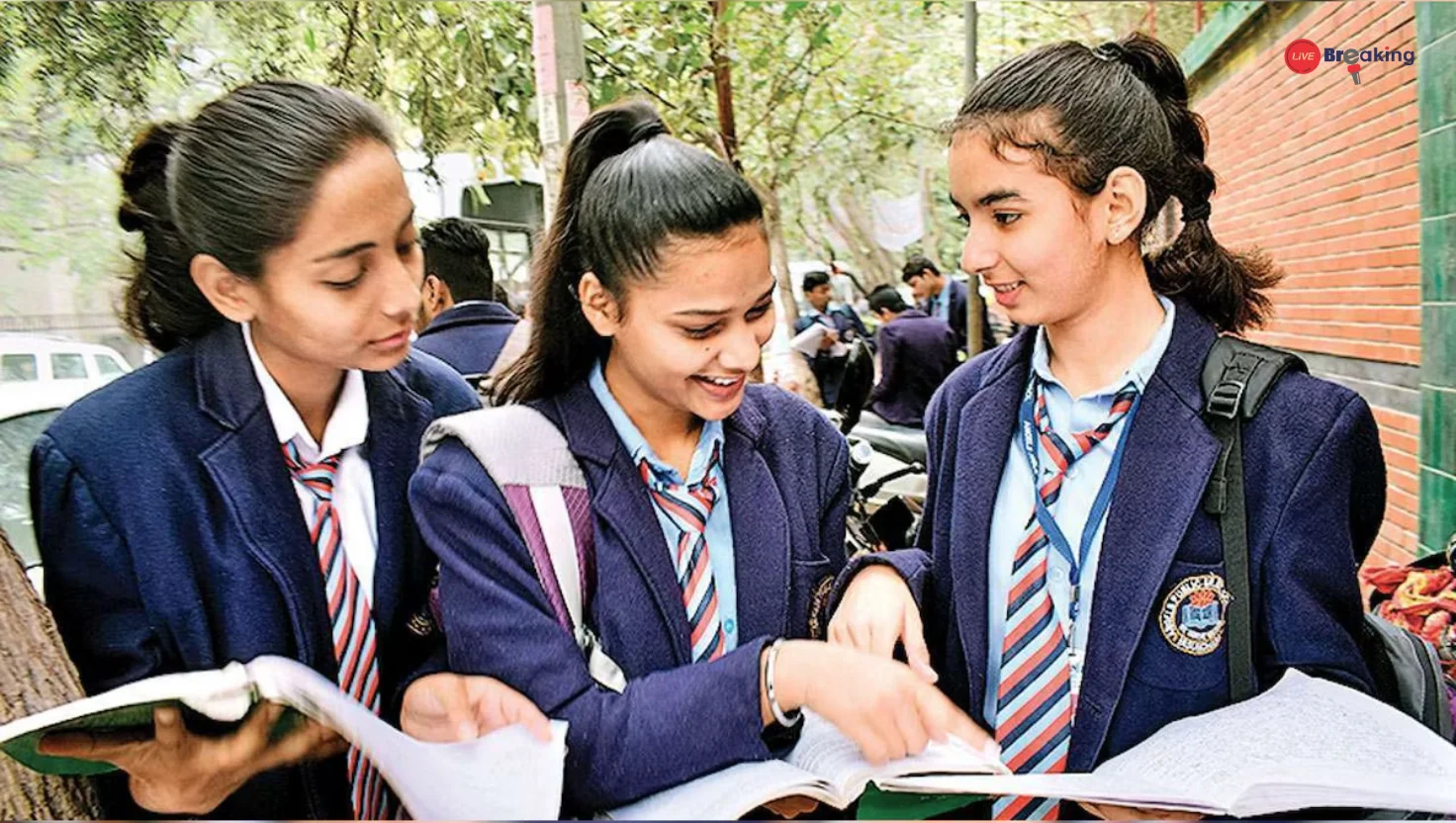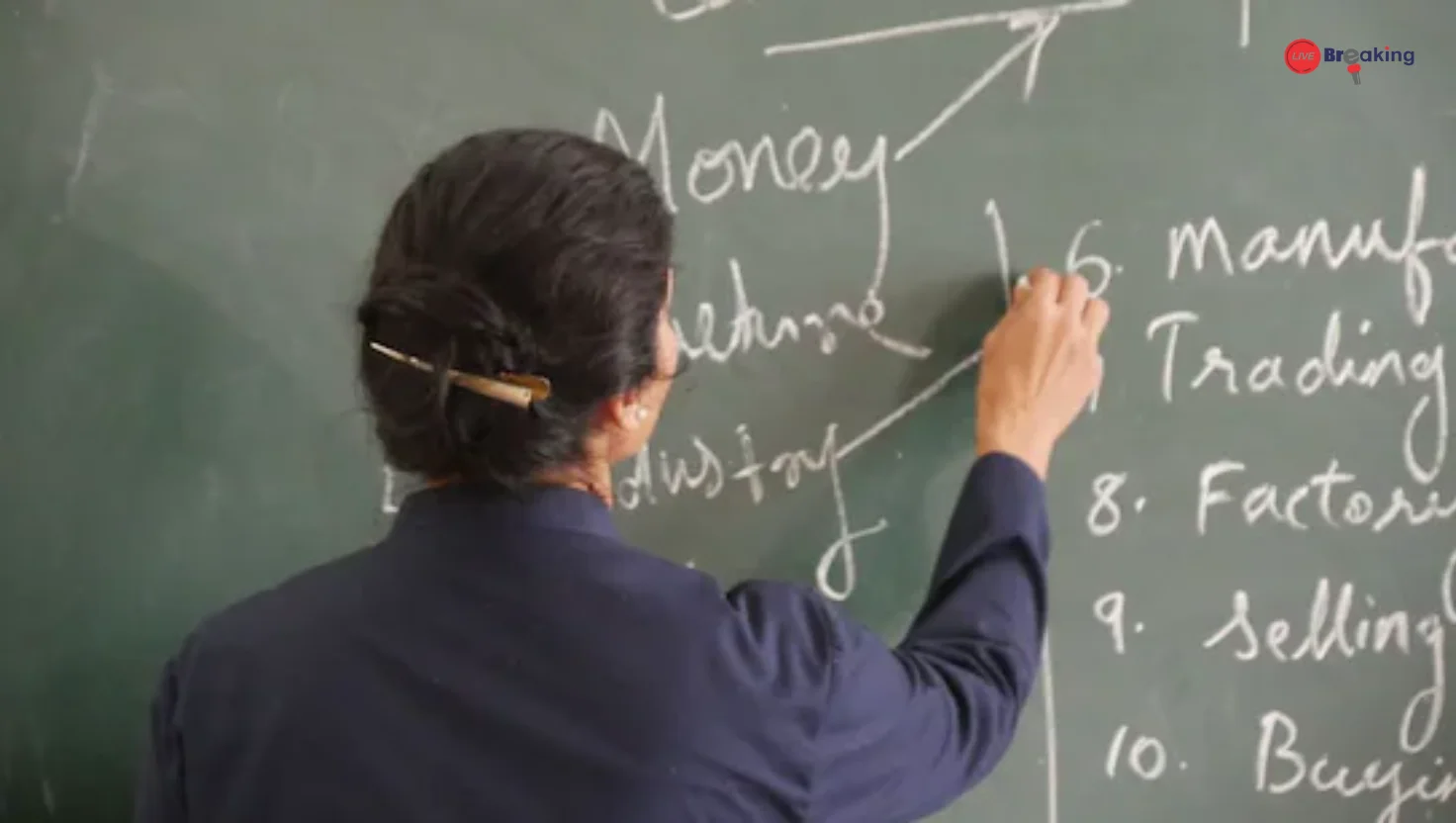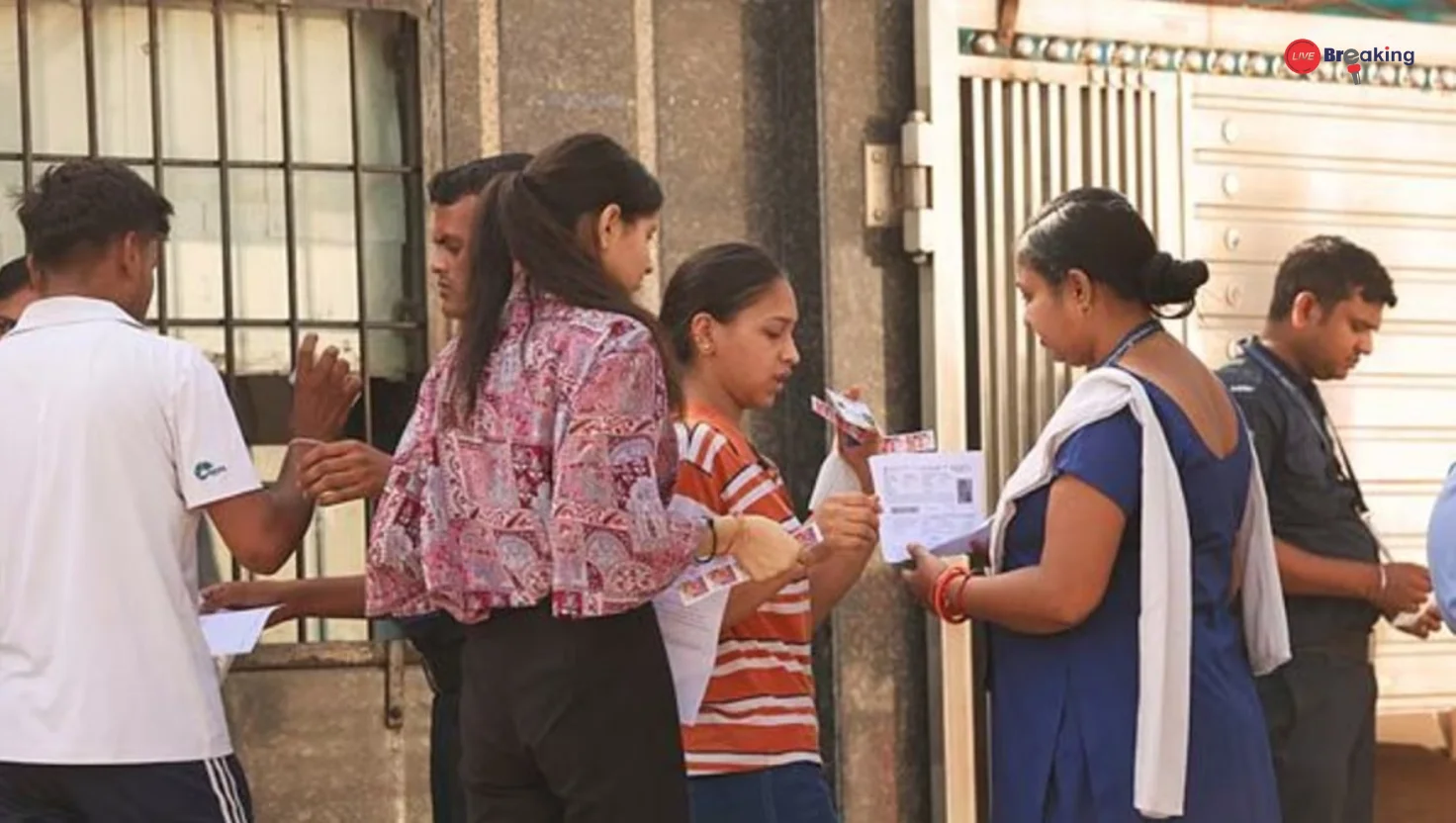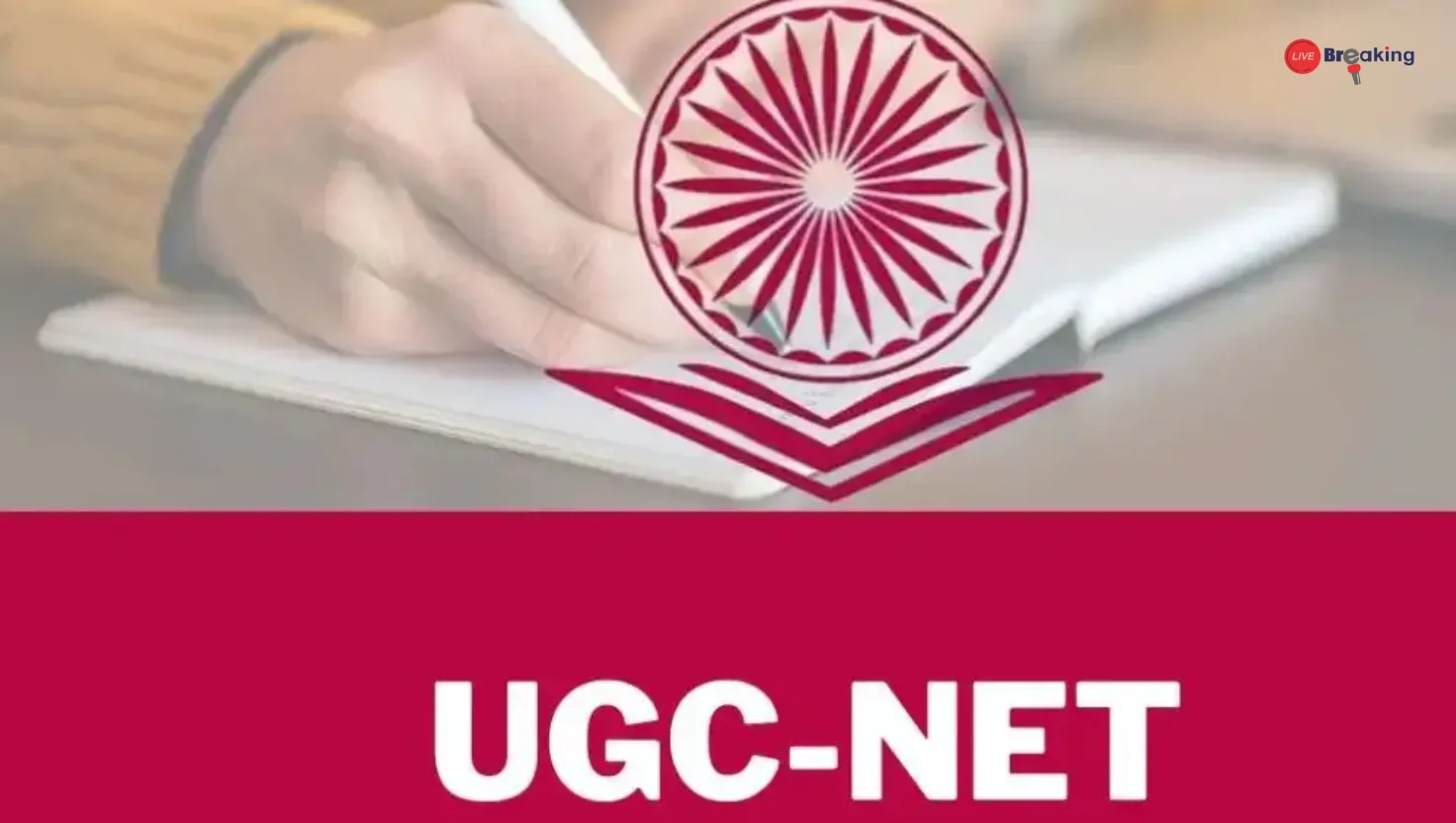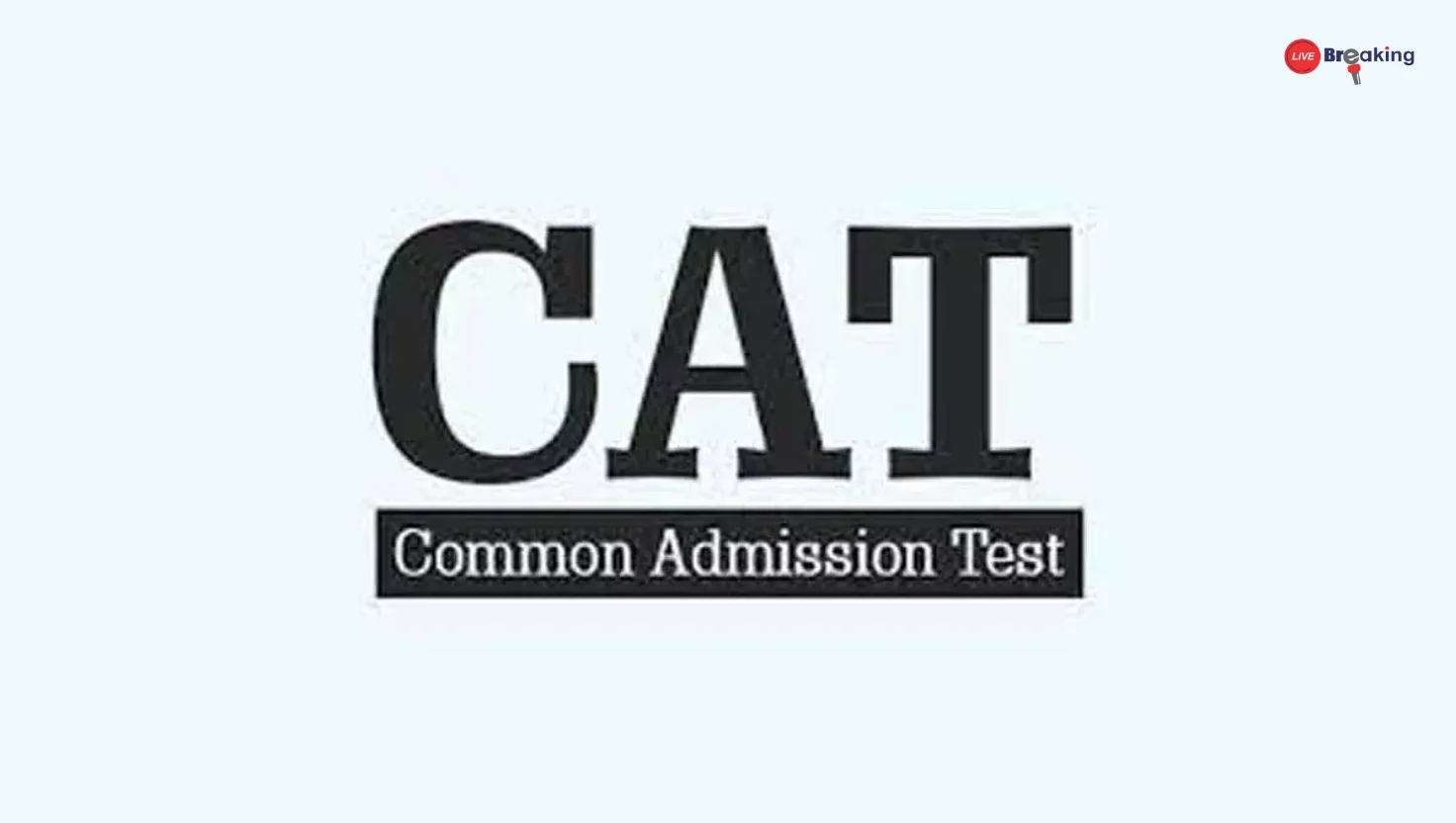CBSE Board Exam 2026: From Exam Schedule To Format, Check Key Announcements By Board
CBSE Board Exam 2026: The Central Board of Secondary Education (CBSE) has rolled out a series of important updates for the 2026 board examinations, impacting both Class 10 and Class 12 students across the country. From changes in the exam format and assessment structure to a revised schedule and subject pattern, the Board’s latest announcements aim to bring greater flexibility, conceptual clarity, and reduced exam stress for students.
With education evolving rapidly post-pandemic, the CBSE’s move reflects a continued effort to align the examination process with the National Education Policy (NEP) 2020 — focusing on competency-based learning, analytical skills, and holistic evaluation.
Revised Exam Schedule and Academic Calendar
The CBSE has indicated that the 2026 board examinations will likely commence in February, continuing the trend of early session completion. The board aims to streamline the academic calendar by ensuring timely declaration of results, enabling students to apply for higher education programs without delays.
Schools have been instructed to follow a structured academic plan starting from April 2025 to ensure syllabus completion well in advance of the examination period. Internal assessments and pre-board exams are expected to be conducted earlier to allow students sufficient time for revision and conceptual strengthening.
The Board also plans to release the detailed date sheet by the end of 2025, giving students a clear timeline for preparation and planning.
Updated Exam Format: Focus on Application and Competency
One of the most significant changes announced is the shift toward competency-based assessment. In line with NEP 2020, the CBSE will now focus more on testing conceptual understanding rather than rote memorization.
Under the new format, at least 50% of questions will be competency-based, including case studies, source-based questions, and analytical reasoning problems. Objective and short-answer questions will also carry more weightage to test students’ critical thinking abilities.
This change is designed to encourage students to engage with the subject matter more deeply, applying their knowledge to real-world scenarios rather than relying solely on textbook learning.
Two-Term Examination Model Under Review
While CBSE had experimented with the two-term exam system during the pandemic years, the Board has clarified that for 2026, it will continue with the single annual board exam format for both Classes 10 and 12.
However, there are ongoing discussions within the Board about integrating a modular assessment system in the future. This system would allow multiple evaluations throughout the academic year, offering students the opportunity to improve scores and reduce exam-time pressure.
For now, internal assessments, projects, and practicals will continue to hold significant weightage, encouraging consistent performance throughout the year.
Introduction of Skill-Based Subjects
In line with the government’s push for skill development, CBSE has also expanded the list of skill-based elective subjects available to students in Classes 9–12. These subjects range from Artificial Intelligence, Data Science, and Coding to Financial Literacy, Tourism, and Design Thinking.
Read more: SSC CHSL 2025 Aspirants Alert: SSC Activates Self-Slot Selection Window
By 2026, schools affiliated with CBSE are expected to offer a wider range of vocational courses, ensuring that students can choose combinations aligning with both academic and professional aspirations. The Board has emphasized that such subjects will be given equal importance in the evaluation process, promoting inclusivity and practical skill-building.
Evaluation Reforms and Digital Assessments
To ensure fairness and accuracy in marking, CBSE plans to adopt a digitized evaluation system for the 2026 exams. This will include on-screen marking, improved moderation policies, and real-time monitoring of evaluation centers.
The Board is also exploring the use of AI-based tools to detect discrepancies in answer sheet marking and streamline result compilation. These reforms are expected to enhance transparency, reduce human error, and deliver faster results.
In addition, the CBSE is encouraging teachers to undergo specialized training programs to adapt to the competency-based assessment framework. Regular workshops and orientation sessions will be conducted through 2025 to ensure smooth implementation.
Student Support and Stress Management Initiatives
Recognizing the mental health challenges students face during board preparations, CBSE has also announced initiatives aimed at reducing exam-related stress.
The Board will roll out interactive counseling sessions, online mental wellness programs, and resource materials designed to help students manage anxiety. Schools have been instructed to adopt a supportive approach, with flexible learning plans and peer mentoring systems.
Read more: NEET PG Counselling 2025: Dates, Process, and Top Medical Colleges to Watch
Additionally, CBSE plans to expand its Pariksha Pe Charcha initiative, encouraging direct engagement between students, teachers, and education experts to discuss exam strategies and emotional well-being.
A Step Toward a Future-Ready Education System
The CBSE’s 2026 examination roadmap marks a significant step toward transforming the traditional exam system into a student-centered, future-ready model. By emphasizing competency, critical thinking, and skill development, the Board aims to prepare learners not only for exams but for life beyond school.
As schools begin implementing these changes, students appearing for the 2026 board exams can expect a more flexible, transparent, and concept-driven evaluation process — one that rewards understanding over memorization and confidence over pressure.
The message from the Board is clear: the future of education lies not just in grades, but in growth.

